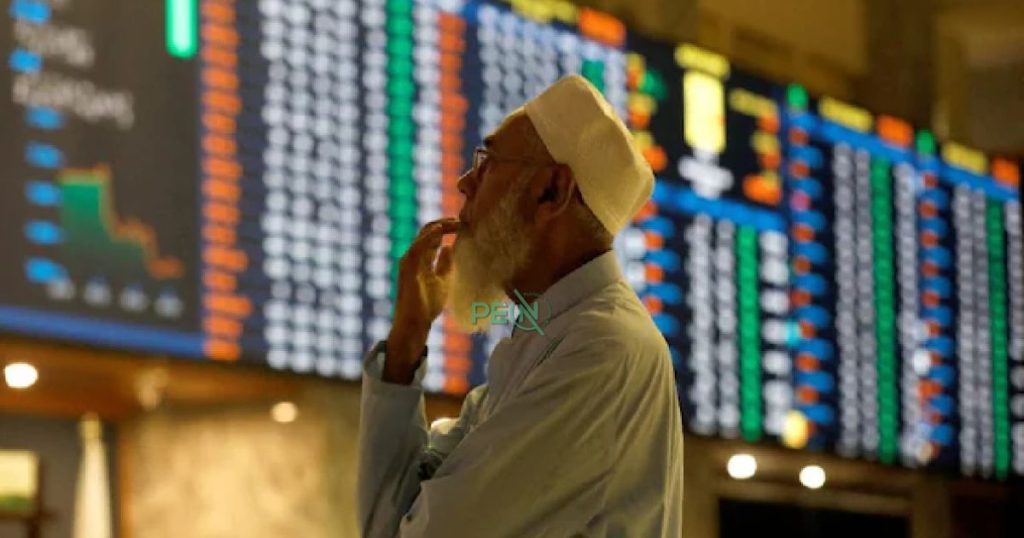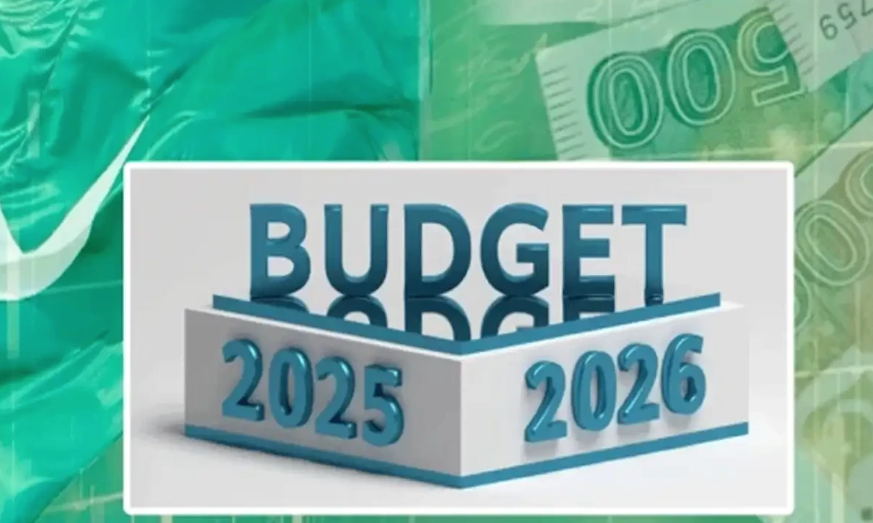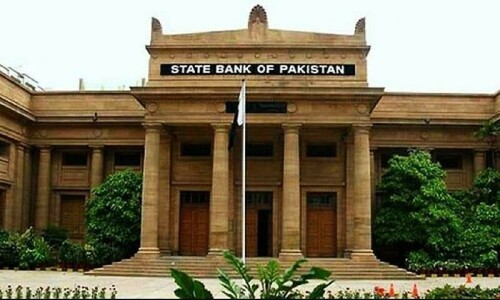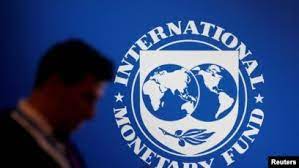TRADE & ECONOMY
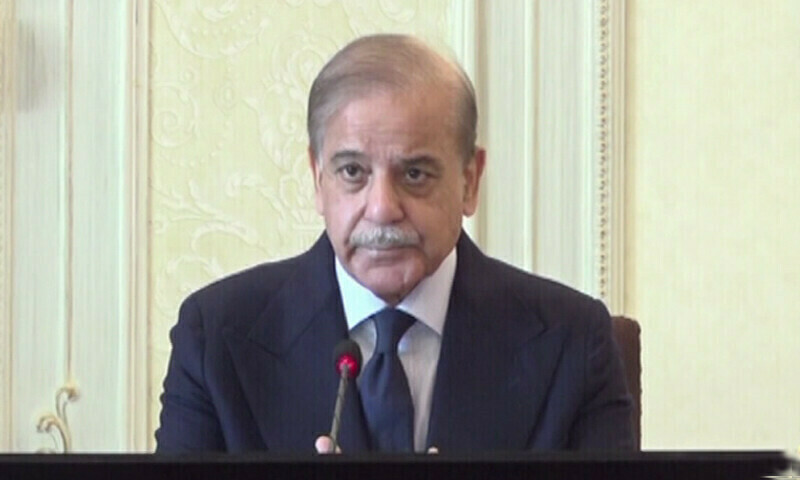
Prime Minister Shehbaz Sharif revealed that the United Arab Emirates (UAE) has agreed to roll over a critical $2 billion debt payment due from Pakistan this month, providing a much-needed boost to the country’s finances. The announcement came during a meeting with cabinet members on Tuesday.
The rollover of the debt payment is a key development for Pakistan, as securing external financing has been one of the key requirements set by the International Monetary Fund (IMF) for the approval of Pakistan’s $7 billion bailout deal. Last year, countries like China, Saudi Arabia, and the UAE played a vital role in helping Pakistan secure the IMF programme by providing necessary financing assurances, thus enabling the release of IMF funds.
PM Shehbaz Sharif shared details of his personal meeting with UAE President Sheikh Mohammed bin Zayed Al Nahyan, who was in Pakistan for a visit on Sunday. The prime minister mentioned that during their one-on-one discussions, the UAE leader confirmed the rollover of the $2 billion repayment, which was due this month. Sharif also used the opportunity to request the UAE to invest in key projects within Pakistan, to which President Nahyan expressed his country’s commitment, citing the strong brotherly ties between the two nations.
"I asked for the UAE to invest a few billion dollars in key investment projects and that would be helpful. The UAE has shown commitment to this investment," PM Shehbaz said.
IMF Involvement in Reducing Electricity Prices
In addition to the good news on debt rollover, PM Shehbaz also addressed the ongoing challenges Pakistan faces in reducing electricity prices. As part of the $7 billion Extended Fund Facility (EFF) agreed upon with the IMF in September 2024, Pakistan is required to meet certain structural benchmarks, one of which involves reducing electricity prices and adjusting gas supply to industrial captive power plants (CPPs).
The IMF’s requirements stipulate the elimination of the cost-benefit advantage between grid electricity and in-house power generation by CPPs, which has been a significant challenge for the country’s industrial sector. To meet this demand, the government will have to make further adjustments, including gas disconnections to CPPs by January 2025, which will qualify Pakistan for the disbursement of the second $1 billion tranche in March.
“Until our electricity prices are not reduced, our industry, our exports, and our commerce cannot be successful,” PM Shehbaz remarked. The prime minister also emphasized that discussions on reducing electricity prices are ongoing, with multiple options being explored in consultation with provincial governments and political allies.
Finance Minister Focuses on Rightsizing Federal Government
On the economic front, Finance Minister Muhammad Aurangzeb also made an important announcement regarding the government’s efforts to reduce its expenditure. Aurangzeb explained that the government is working on "rightsizing" federal expenditures to ensure that resources are allocated more efficiently.
“We need to examine whether certain activities should remain under government control or be outsourced to the private sector. For example, strategic reserves can be maintained by private entities, saving the government significant costs,” said the finance minister.
The government has already initiated a committee to analyze the federal government’s expenses, which are estimated to be around Rs900 billion annually. A phased approach is being adopted to streamline the number of ministries, with 43 ministries currently being evaluated for restructuring. The government aims to reduce wasteful spending while ensuring critical functions are maintained.
A Promising Step Forward
The financial developments in Pakistan are significant in terms of ensuring continued stability amidst an ongoing economic crisis. The rollover of the $2 billion debt payment from the UAE alleviates some immediate financial pressures, while discussions with the IMF on energy pricing adjustments will determine the direction of Pakistan’s economic recovery.
As the country continues to engage with international financial bodies and key allies, including the UAE, its ability to reduce expenditures and create a sustainable economic framework will be essential to securing long-term growth.
